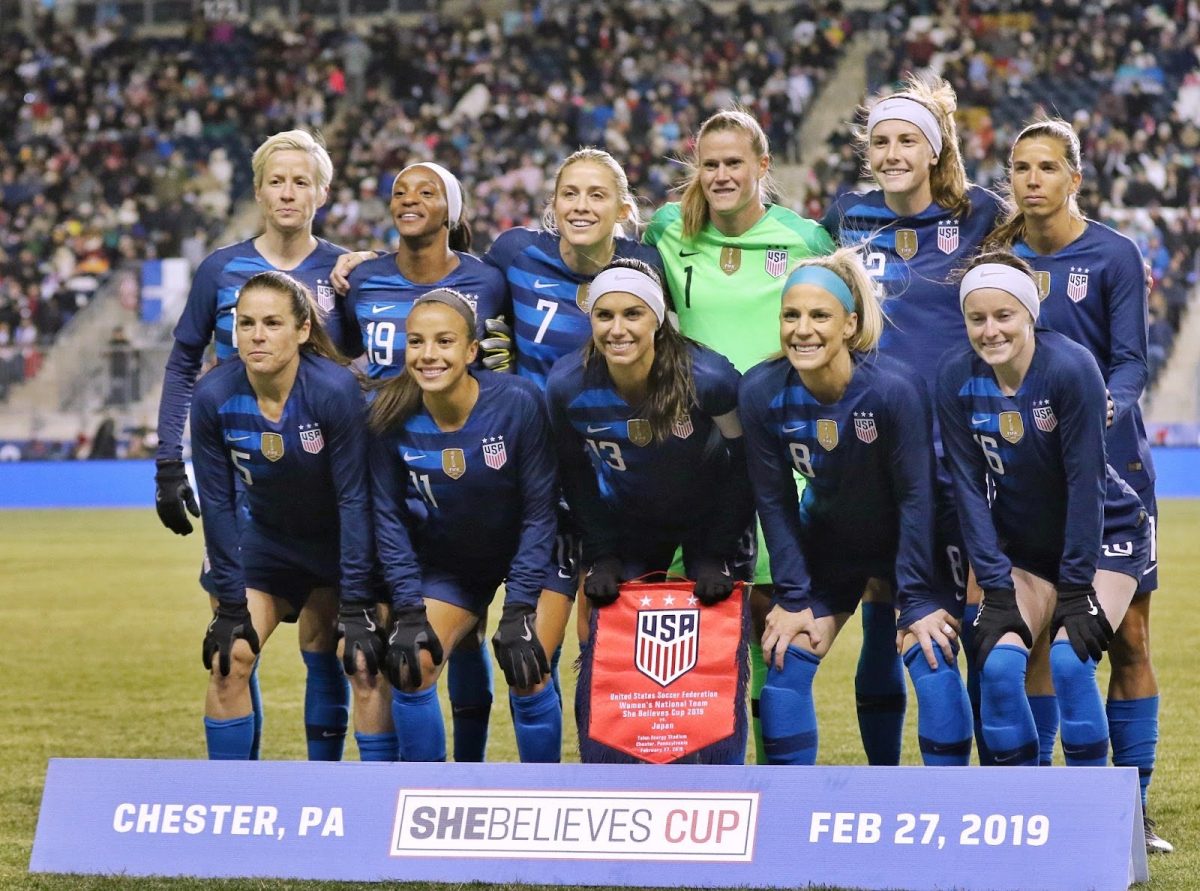Being the face of cultural innovation is no easy task, yet the National Women’s Soccer League (NWSL) is never afraid to step up and make change happen around the sport. It is not novel news that the NWSL has been fighting against sexist ideologies in past years. In 2019 after winning their third overall and second consecutive World Cup, the NWSL achieved equal pay by pooling together the revenue from both the male and female leagues, and then dividing it equally amongst all players, thus eliminating the pay gap. Since then, the league has not shied away from making progressive and controversial changes. In August of 2024, the NWSL, and the National Women’s Soccer League Player Association (NWSL PA) announced a new collective bargaining agreement (CBA) in which integral aspects of what have made the league what it is today change.
The CBA announced the elimination of the draft, which is a major aspect of American professional leagues. Additionally, free agency for all, guaranteed contracts, no trades without player consent, workload management, and revenue sharing form part of the agreement. This new CBA has been paired up with the phrase “Player Freedom Secured”. Of course, this is still the women’s league which means opposition to the new CBA has been abundant. Regardless, the player association claims this is not a novel concept, in reality, this is the global standard for any professional league. I am not here to talk about whether I agree or not with the new changes in the agreement, instead, I want to focus on how this will change the way young soccer players perceive going into the professional world of athletics.

The Village School’s defender of the girl’s soccer team, Emma Iversen, is in her 3rd year of varsity soccer and plans to pursue college soccer and potentially go professional. “Seeing this news and these changes surrounding professional soccer and its culture is really interesting to me because it will give players so much more freedom of choice,” said Iversen. “Overall I do think that this change makes pro soccer much more intriguing to me as a young player looking to pursue higher level soccer down the road because it gives me the comfort in knowing that the game won’t be impacted too much by the transactional and business piece of it.” In Iversen’s case, the new regulations added to the CBA encouraged her to weigh out the options of joining the professional league in the future.
The new CBA will not only change the game of women’s soccer but the culture and business surrounding it as well. Many soccer aficionados have taken to social media to express their confusion about the new agreement. Their main concern is that the elimination of the draft will lead to league disparity, as can be seen in European leagues in both men’s and women’s soccer. Historically less successful teams have lived the hardships of trying to sign free agents because they mainly sign to better-known teams. In exchange, the market within the league grows smaller and the same teams win repeatedly while the lesser-known ones struggle to meet revenue expectations.
Despite facing very contradictory critiques, the agreement has received positive responses regarding its commitment to better player rights. Players and fans of women’s soccer alike have come together to embrace this change in the league and hope it will make the track easier for upcoming players. It is inspiring to see such innovative changes that will directly affect people in The Village School’s immediate community happen.
References:
2024 cba fact sheet. (n.d.). NWSLPA. Retrieved September 17, 2024, from https://www.nwslplayers.com/cba-fact-sheet








